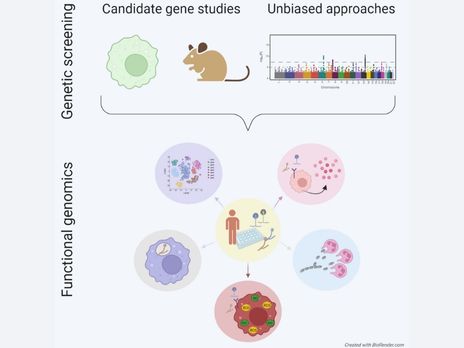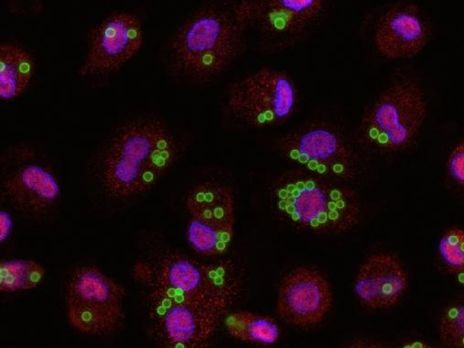
Functional genomics of fungal disease
Genetic analysis of molecular and functional traits in immune cells, such as gene and protein expression and effector functions, offers a promising strategy for investigating phenotypic variation and dissecting the molecular mechanisms underlying propensity to infection.









